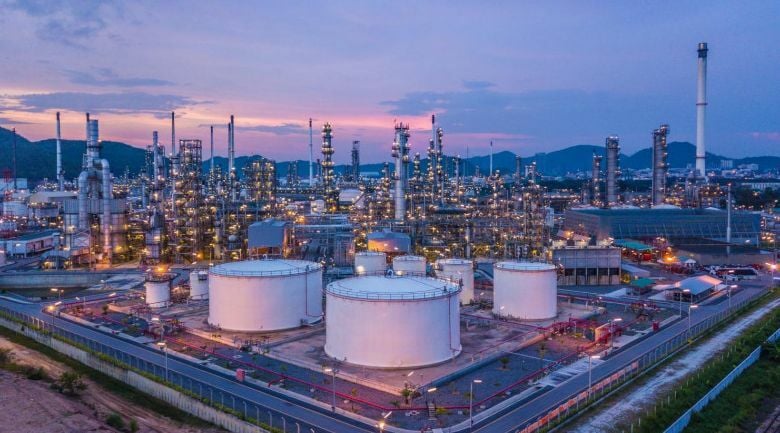Thai energy firms question new power plan for carbon neutrality

Thailand’s energy firms expressed concerns that the revised power development plan (PDP) may fall short of the kingdom’s 2050 carbon neutrality goals, highlighting the need for a balanced approach between practicality and optimism.
The PDP, which is set to be enforced from 2024 to 2037, aims to promote greater use of renewable energy to reduce carbon dioxide emissions. However, energy companies argue that the targets for reducing gas and coal usage remain insufficient.
Business and individual opinions on the PDP are being collected until June 19 during public hearings. The new plan outlines that coal and gas will still account for 48% of power generation, which remains a significant proportion and may hinder efforts to cut carbon emissions effectively.
Thailand announced its commitment to carbon neutrality at the UN Climate Change Conference in Glasgow in 2021. The PDP stipulates that by 2037, 41% of the country’s energy needs should come from gas, down from 57% in 2023, and 7% from coal, a decrease from 20% last year.
Meanwhile, renewable energy is set to increase to 51%, up from 20% last year, with the remaining 1% coming from nuclear energy and new solutions to reduce fossil fuel dependency.
The Federation of Thai Industries (FTI) has called for more promotion of solar energy, biomass, and biogas for electricity generation.
Power tariffs
The Chairman of the FTI’s Renewable Energy Industry Club, Natee Sithiprasasana, highlighted that the cost of developing solar power facilities with energy storage systems is decreasing. Currently, the power tariff for solar energy stands at 2.8 baht per kilowatt-hour, lower than that for gas-fired power plants.
“Authorities should also promote biomass and biogas to support efforts to reduce greenhouse gases because raw materials and equipment to make these two fuels are available in Thailand.”
Deputy Director-General of the Energy Policy and Planning Office, Sarat Prakobchart, acknowledged that while the government aims to significantly cut fossil fuel usage, it still needs to rely on conventional energy sources to ensure a stable electricity supply.
Additionally, he stressed the importance of considering the costs associated with all types of energy to control power tariffs.
“A plan to use a small modular nuclear reactor as an alternative source of clean energy should be studied this year, with its location likely to be in the northeast or the south.”
The ongoing public hearings and feedback will be crucial in shaping the final version of the PDP, as the government strives to balance its carbon neutrality goals with the practicalities of energy supply and cost management, reported the Bangkok Post.
Latest Thailand News
Follow The Thaiger on Google News:


























